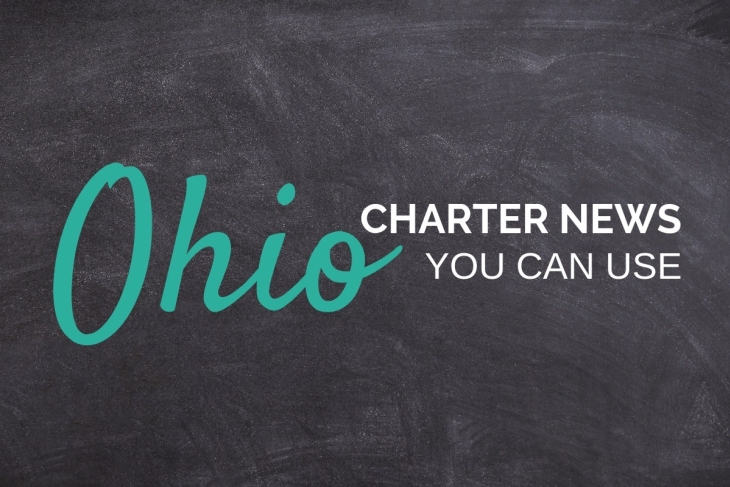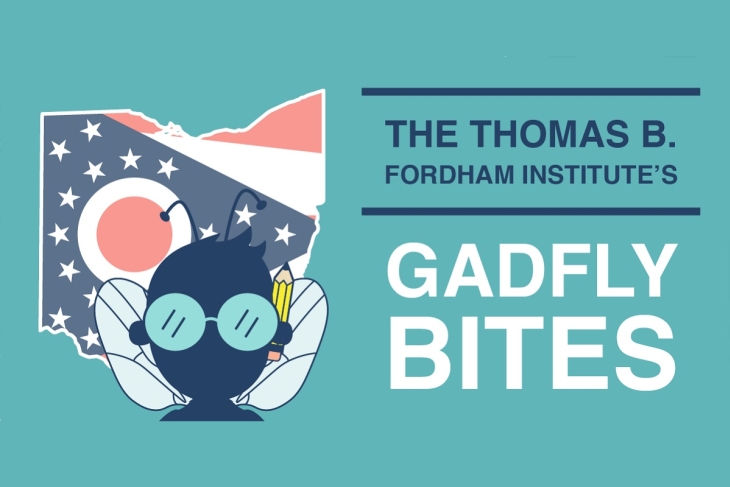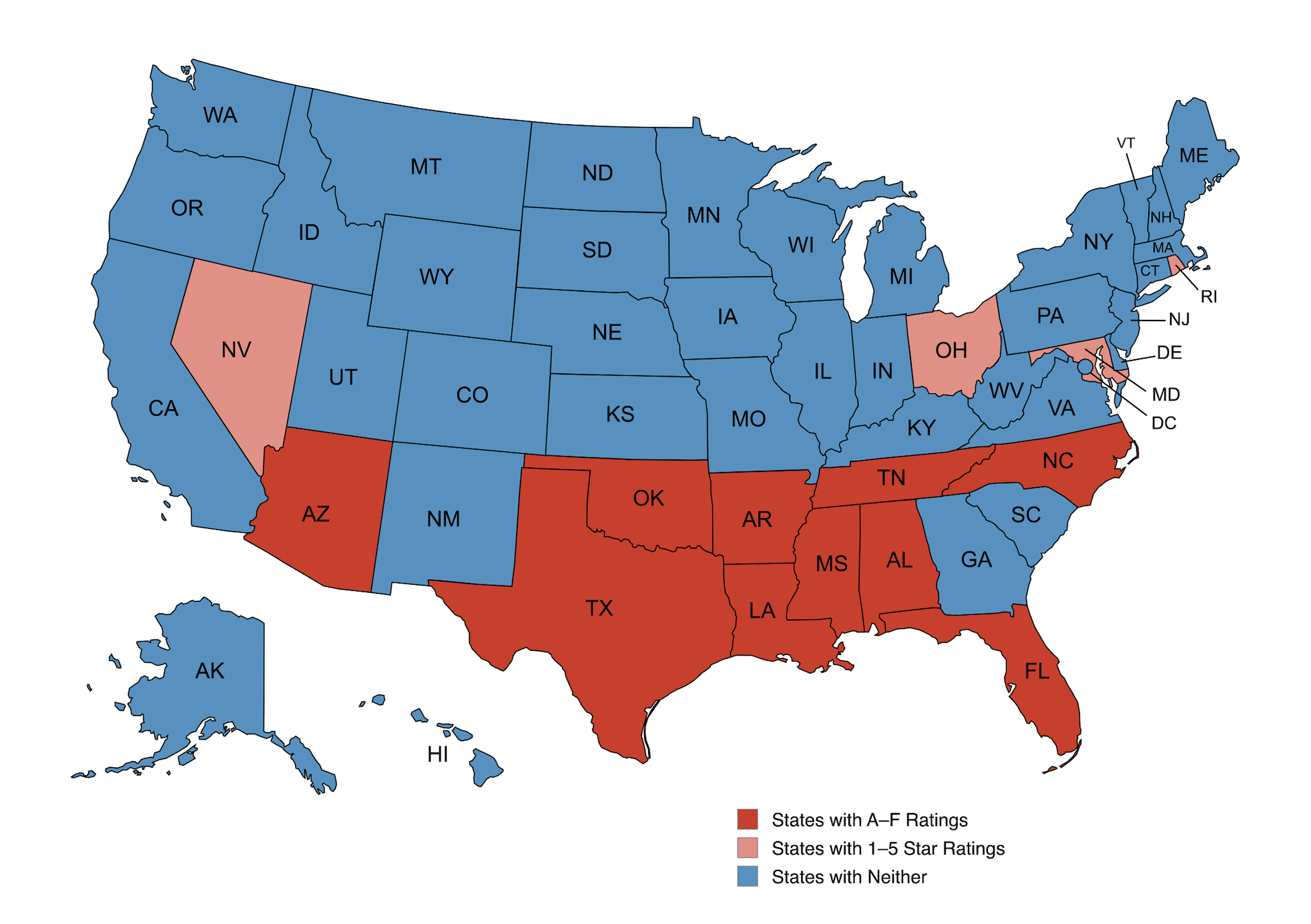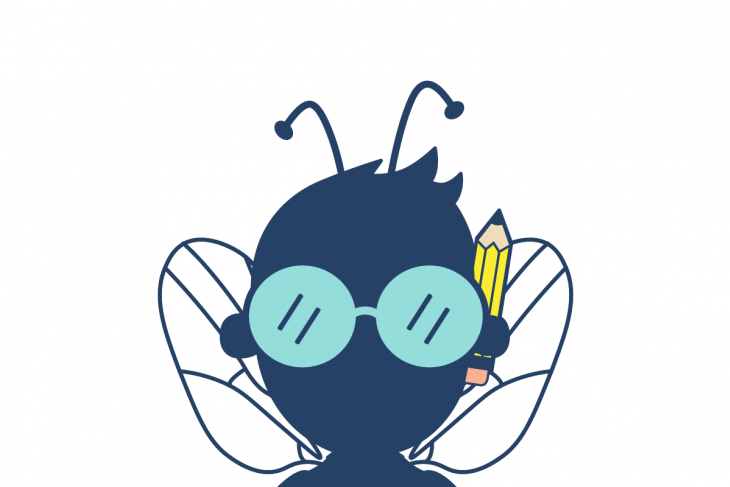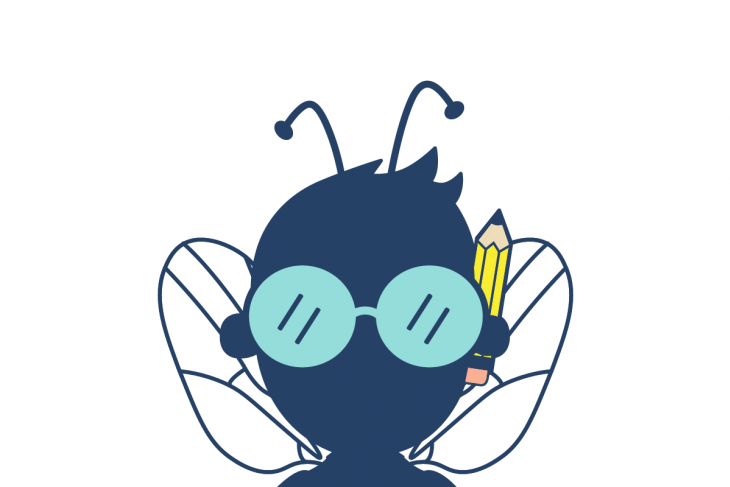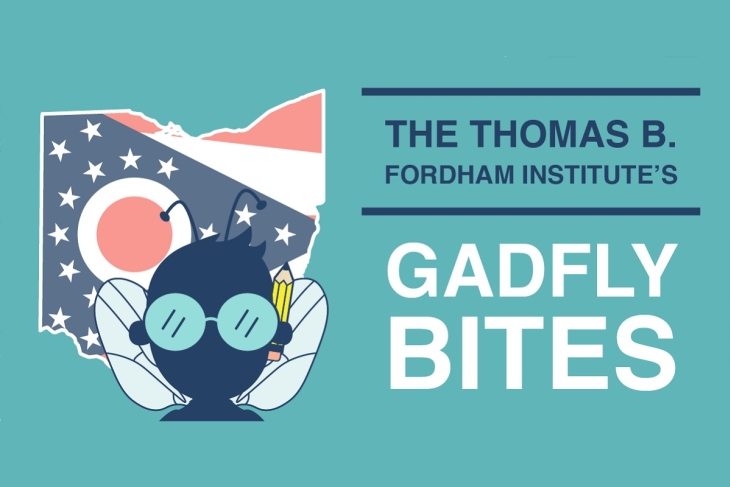Stories featured in Ohio Charter News Weekly may require a paid subscription to read in full.
One final post-election news story
Cleveland Metropolitan School District passed a levy last week that will eventually infuse hundreds of millions of dollars in new local funds into the district. While this massive windfall will not solve CMSD’s budget problems—and only kick its even more massive deficit projections down the road a little bit—charter schools in Cleveland will benefit quickly. Approximately $3 million in new levy funds will go to high-performing charter schools who partner with the district via the Cleveland Plan. These funds will likely be deployed to serve students immediately upon receipt. Awesome!
Speaking of charter funding
Charter schools in Miami-Dade County, Florida, have at last received the first payment of local funds to which they were entitled but had not received from the county school district for years. This after an April court win that set the total at $179 million dollars improperly withheld. $87 million was transferred to charters earlier this month, with the rest to follow soon. Once again, it is likely that these funds will be able to be put to use quickly to serve thousands of local students.
New charter funding in action
Kudos to Victory College Prep in Indianapolis. It was one of four recipients—and the only charter school—of $1.5 million grants from the Richard M. Fairbanks Foundation to “address the challenges students and their families face as they navigate the process of exploring, enrolling in, and financing college.” Victory already sends about two-thirds of its graduates on to college and so school leaders are planning to use the windfall to help those students persevere and to make sure more future Victory grads are ready for college if they want to go. “I want [students] to say, ‘I can go to college. That’s always going to be a door that’s open for me, and I’m prepared to attend. I’m prepared to be really successful’,” said Victory’s high school principal Chelsea Easter, “and that’s what this grant is going to allow us to do.”
Celebrations
2024 marks the 30th anniversary of the first charter schools to open in Michigan. After a hard-fought legal battle, nine schools opened at the start of the 1994-1995 school year. The moment was immortalized by a Time magazine cover declaring them a “New Hope for Public Schools”. Among the anniversary celebrations this year is a new interview with the former student on that cover, who remembers his amazing school and lauds their outdoor-focused education that stays with him today and the nurturing teachers who remained mentors to him for years.
*****
Did you know you can have every edition of the Ohio Charter News Weekly sent directly to your Inbox? Subscribe by clicking here.
